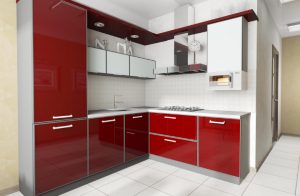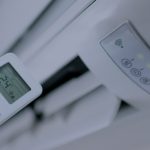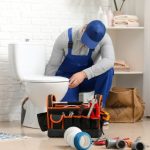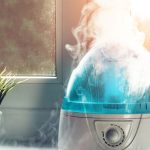When to Replace Your Furnace?
It can be hard to know when to replace an old furnace. No one wants to do it, but replacing the heating equipment in your home or business is a necessary evil of being a property owner. The key is to replace it at just the right time before the furnace is so old that it costs more to run each month than it would cost to replace it. But it is also not a good use of money to replace furnaces too soon. How do you know when to replace something and when to fix it? Remember these things:
Boilers and furnaces over 15 years old should be replaced.
No matter how well they work. This is because technology changes so quickly that 15 years is just enough time for older heating appliances to fall behind newer, more efficient ones. Even if your furnace lasts longer than 15 years, you should replace it soon after it turns 10 years old. Replace old models with ones with the Energy Star label that are more than 15% more efficient than other models on the market. The percentage of better efficiency is even higher when compared to old, out-of-date furnaces.
Heat pumps that are more than 10 years old should be replaced.
You can save up to 20% on your heating bill if you make this change after it has been used for 10 years instead of waiting until it breaks down.
If you have to fix the boiler or furnace often, it’s time to replace it with a newer, more efficient model, even if it hasn’t been around for 15 years. The cost of heating your home goes up every time you call a maintenance specialist to fix your heating system. Costs like these don’t take long to add up.
• If some parts of your home feel too cold or too hot, it may be time to replace the unit because it may not work right. The problem could be caused by leaky ducts or a lack of insulation. But before you jump to conclusions, it’s always best to have a professional HVAC expert check the whole system to ensure something else isn’t wrong.
Homes with humidity problems may also have problems with their furnaces, which can make the air too humid in the summer and too dry in the winter. But, like in the last tip, this problem could also be caused by leaky ductwork or other less severe problems. Before deciding that your system needs to be replaced, have a technician check it out first.
The ductwork that runs through your house is also a big part of how well it heats your home. Leaky ducts can cause too much dust and noise from the furnace. Sometimes the furnace isn’t the problem, so checking the whole system is essential if you need help.









